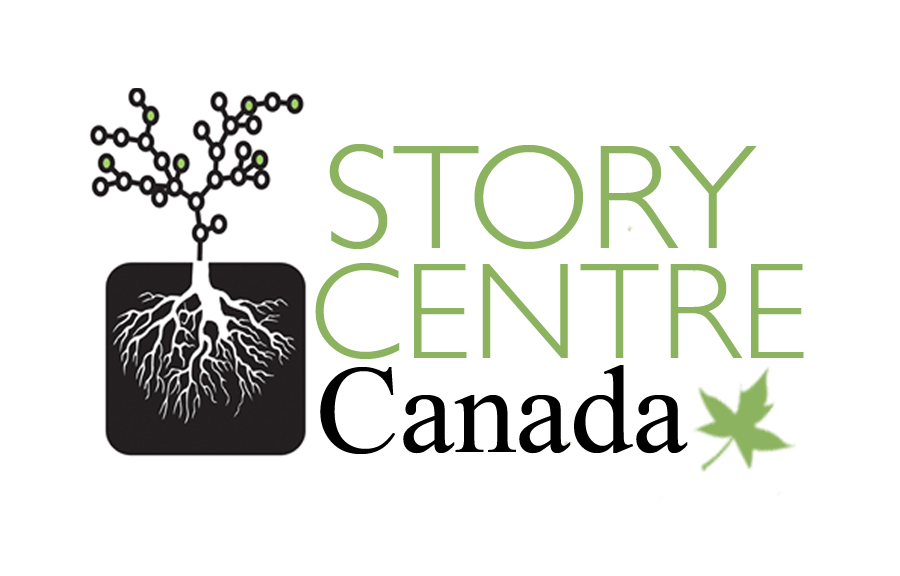Sharing stories is the first step. And that may be all you need for your group's digital storytelling efforts. But if you have larger aims we are right there with you to make them happen. We have seen again and again from our partnerships across the globe that stories create real change in people's lives. Here's how:
Personal Reflection and Growth
While change is an inevitable part of being human, people often lack opportunities to share and bear witness to their own struggles and joys and to those of others. Our digital storytelling workshops offer a safe, supportive environment in which participants of all ages and from all walks of life can explore their histories, heal their wounds, and reflect on how they got to where they are.
Education, Outreach, and Awareness
Amidst the chaos of mainstream media, digital stories stand out for their directness of emotional expression and voice. While facts, timelines, and third-person perspectives by “experts” are important in describing an issue or problem, a digital story helps bring to life the reality of individual experience. Stories are invaluable as educational, training, and awareness-raising tools across multiple sectors and disciplines.
Movement and Community Building
Social action begins with individual action, as people identify similarities between their own lives and the lives of others. Our workshops offer an opportunity to examine experiences across chasms of cultural, racial, linguistic, gender, political, or age-related difference within communities. Subsequent story-screening events, when carefully planned and facilitated, have the potential to generate deep and strategic discussion and mobilize civic action.
Policy Advocacy
In an ideal world, people’s concerns and needs would form the basis for public policy debate and decision-making. Unfortunately, abstract data and special interests all too often dominate. Digital stories produced in our workshops can bring the voices of those who are typically overlooked (the poor, immigrants, the elderly, youth, and members of other marginalized communities) into institutional and public policy arenas, to promote change as well as effective enforcement of existing laws.
Research and Evaluation
Whether in an academic or community context, our digital storytelling methods can be used as a form of community-based participatory research (CBPR) to explore particular issues, assess local needs, and evaluate whether or not these needs are being met. Our workshops can complement quantitative methods and ensure that members of local communities are actively involved in, and able to benefit from, research agendas.


